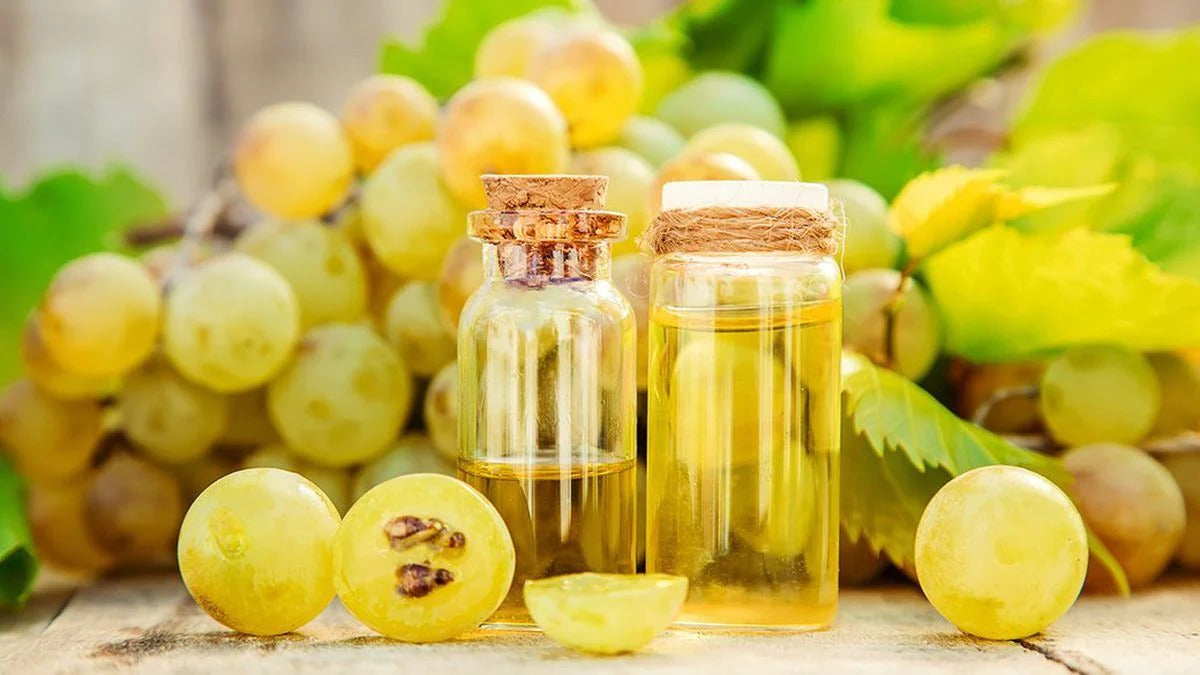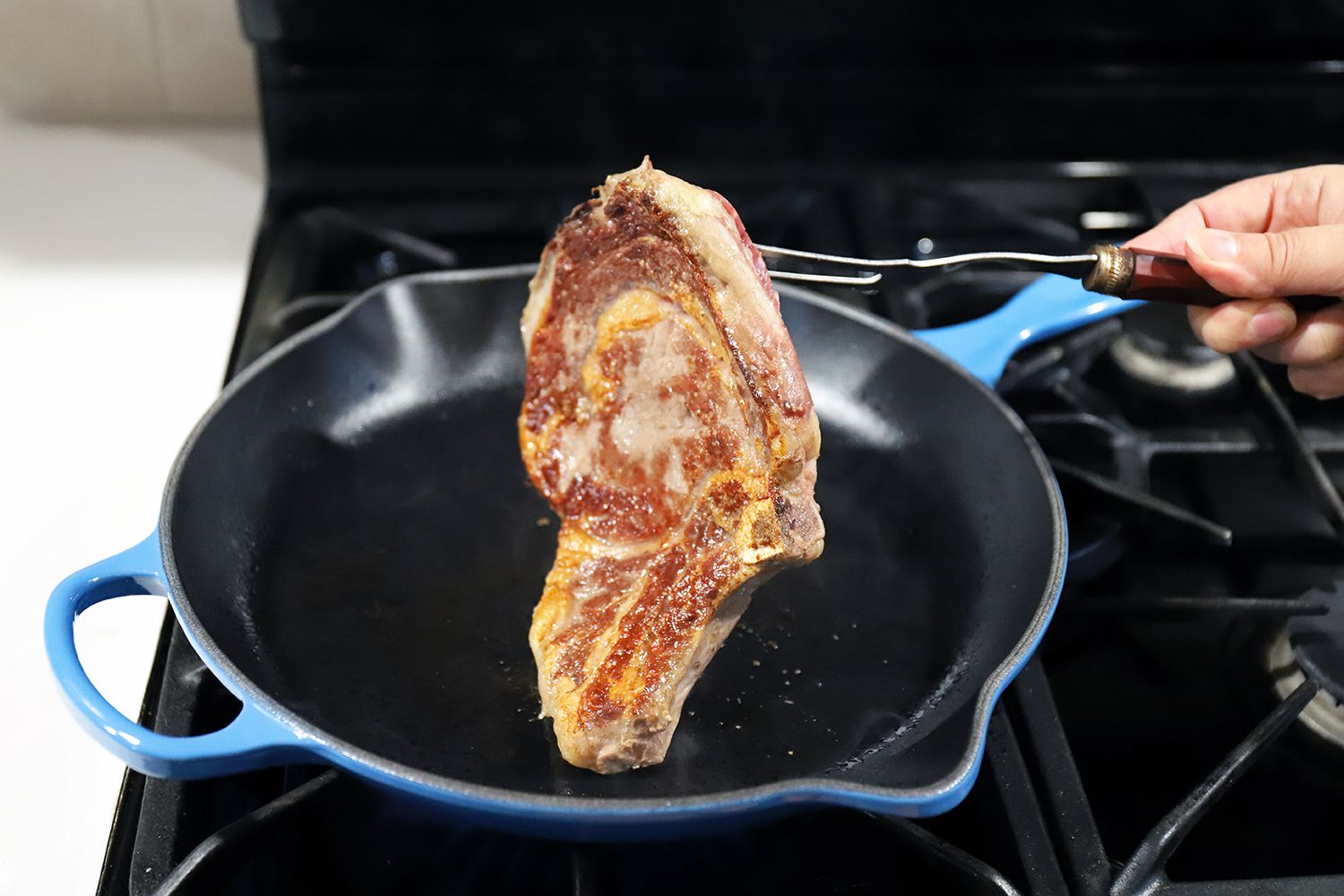Pompeian Grapeseed Oil has gained popularity among kitchen professionals and home chefs for its light taste and high smoke point. But have you ever wondered, how is Pompeian Grapeseed Oil processed? Understanding the intricate steps involved in producing this flavorful and healthy oil can deepen your appreciation for it.

The Origin of Grapeseeds
Every bottle of Pompeian Grapeseed Oil starts with the humble grapeseed. These seeds are byproducts of the winemaking process. Once the grapes have been juiced, the seeds are collected and cleaned thoroughly to remove any residual fruit or debris. (Learn more about grapeseed collection.)
Sorting and Selecting the Best Seeds
Not all grapeseeds are created equal. To ensure a premium product, Pompeian meticulously sorts through the collected seeds. Only the best seeds, free from deformities or impurities, make the cut. This step is crucial because the quality of the seeds directly impacts the final oil's flavor and nutritional content. For more information, visit Quality Seed Selection.

Cold Pressing: The Heart of the Process
The most critical step in how is Pompeian Grapeseed Oil processed is the cold pressing. Cold pressing ensures that the oil retains maximum nutrients and antioxidants. During this process, the cleaned and sorted grapeseeds are crushed at a controlled, low temperature to extract the oil without compromising its nutritional value. Explore more about Cold Pressing Method.
Filtration and Refinement
Once the oil is extracted, it undergoes a rigorous filtration process to remove any remaining particles. This ensures that the oil is clear and pure. After filtration, the oil may be further refined to enhance its flavor profile and shelf life. Refinement can include steps like deodorization, which removes any strong or unpleasant odors from the oil.

Quality Assurance and Testing
To maintain its high standards, Pompeian conducts thorough quality assurance tests on every batch of oil. This includes testing for purity, flavor, and nutritional content. Only after passing these stringent tests does the oil get the Pompeian label. Discover more about our QA Testing.
Packaging and Distribution
The final step in how is Pompeian Grapeseed Oil processed is packaging. The oil is bottled in food-grade containers that protect it from light and air, ensuring freshness. These bottles are then labeled and distributed to stores and kitchens worldwide. Check out our Packaging Standards.

Why Choose Pompeian Grapeseed Oil?
Beyond its rigorous production process, Pompeian Grapeseed Oil offers several benefits. It's rich in vitamin E and polyunsaturated fats, making it a heart-healthy choice. Its high smoke point also makes it ideal for various cooking methods, from sautéing to deep-frying.
Environmental Considerations
Pompeian is also committed to sustainability. By using grapeseeds that would otherwise be discarded, they contribute to a more sustainable food production system. Moreover, their production practices aim to minimize environmental impact. Read about our Sustainability Efforts. For more kitchen sustainability tips, visit Lavish Ceramics.
Conclusion
Understanding how is Pompeian Grapeseed Oil processed can enrich your culinary experience. From the careful selection of grapeseeds to the meticulous cold pressing and rigorous quality checks, each bottle of Pompeian Grapeseed Oil represents a commitment to quality and sustainability.
To learn more about grapeseed oil production and its benefits, you can visit Pompeian's official website.
FAQ
What is the difference between cold-pressed and refined grapeseed oil?
Cold-pressed grapeseed oil retains most of its nutrients and has a more natural flavor, while refined grapeseed oil undergoes additional processing to enhance shelf life and remove odors and impurities.
Is Pompeian Grapeseed Oil suitable for high-heat cooking?
Yes, Pompeian Grapeseed Oil has a high smoke point, making it ideal for high-heat cooking methods like frying and sautéing.
How is the quality of Pompeian Grapeseed Oil ensured?
Pompeian conducts thorough quality assurance tests on every batch of oil, including tests for purity, flavor, and nutritional content.
Environmental Considerations
Pompeian is also committed to sustainability. By using grapeseeds that would otherwise be discarded, they contribute to a more sustainable food production system. Moreover, their production practices aim to minimize environmental impact.
As an Amazon Associate, I earn from qualifying purchases.






Leave a comment
This site is protected by hCaptcha and the hCaptcha Privacy Policy and Terms of Service apply.